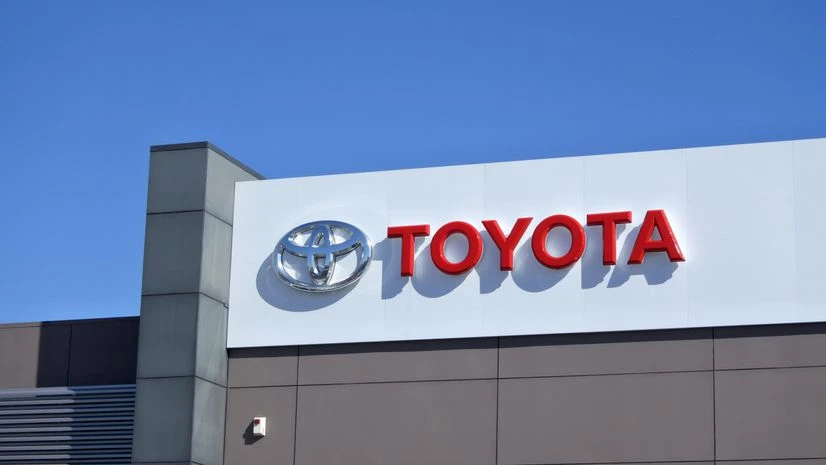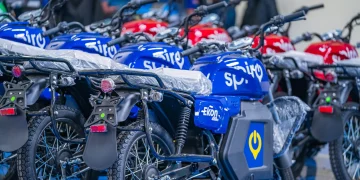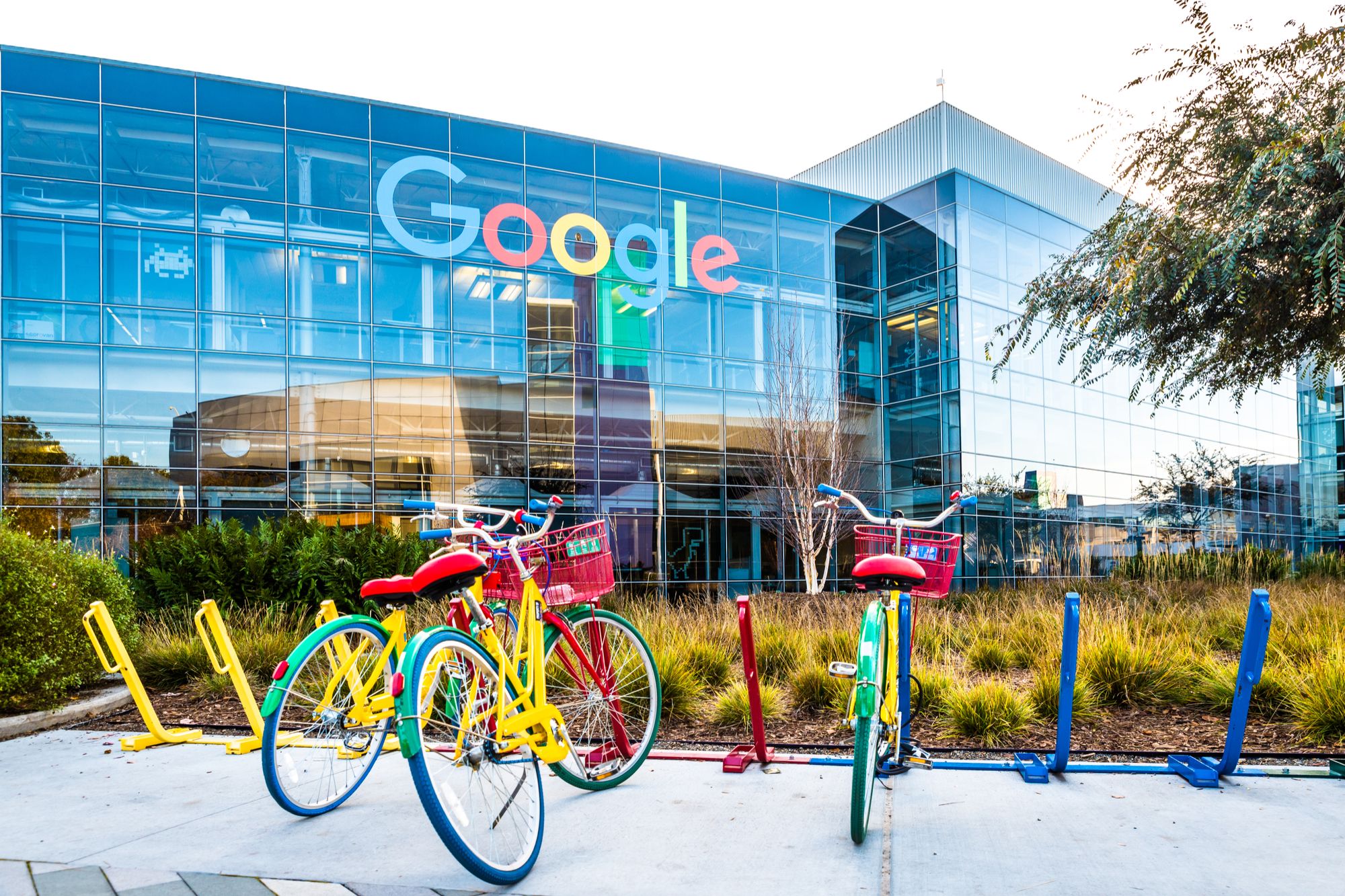The Japanese automaker plans to launch three fully electric models in early 2026, finally jumping into a market it has watched from the sidelines for years.
Andrew Kirby, Toyota South Africa’s CEO, made the announcement at an automotive components conference recently. He kept details close to his chest but confirmed the company’s first battery electric vehicles will hit local roads in just over a year.
Toyota Faces Fierce Competition From Chinese and European Brands
The South African EV market looks nothing like it did five years ago. Volvo currently leads EV sales, with BMW and Mercedes-Benz fighting for second place. But Chinese brands like BYD are pushing hard into the space, bringing competitive prices and modern technology.
“It’s a very strategic concern for us and we need to make sure that we respond in the right way and as quickly as possible,” Kirby said about Chinese competition. “It’s a big challenge.”
South Africa sold 3,042 new energy vehicles in the first quarter of 2024 alone, an 83% jump from the same period in 2023. The country accounts for nearly 40% of Africa’s total EV sales, making it the continent’s biggest electric vehicle market.
Toyota’s Mixed Powertrain Strategy Takes Shape
Toyota won’t put all its eggs in the electric basket. The company believes multiple power sources will coexist rather than one technology taking over completely.
“We do not believe that one powertrain is going to dominate in the future. So we’ll have internal combustion engines, hybrids, plug-in hybrids, battery-electric vehicles, fuel-cell electric vehicles and potentially even a carbon-neutral internal combustion engine.” Kirby explained
This approach already shows results in hybrid sales. Toyota commands 67% of South Africa’s hybrid and plug-in hybrid market in 2024, with popular models like the Corolla Cross leading the charge.
Government Support Grows for Local EV Production
South Africa’s government recognizes the electric transition opportunity. The country announced R1 billion in investment to support local EV and battery production in March 2025, along with 150% tax deductions for manufacturers.
Toyota plans to import its electric models initially but intends to build some locally eventually. This strategy could help reduce costs and support local jobs as the market grows.
The seven major local car manufacturers, including Toyota, BMW, Isuzu, and Volkswagen, sent policy recommendations to the trade and industry minister. They want tax changes and rebate system updates to support the local automotive industry.
Automotive Industry Reaches Critical Decision Point
Kirby describes South Africa’s automotive sector as being “at an inflection point.” Local production volumes remain flat while imported vehicle sales surge. Local content levels are dropping as manufacturers source more parts from abroad.
“We do have some taxation structures that are a little bit counterproductive,” Kirby said about the policy proposals. The manufacturers hope for government interventions within six months.
The electric transition adds pressure to these existing challenges. Success requires coordinated action between manufacturers, government, and infrastructure developers.
What Toyota’s EV Entry Means for South African Buyers
Toyota’s arrival could change the local EV landscape significantly. The company’s strong brand reputation and dealer network give it advantages over newer Chinese competitors.
Chinese brands like BYD often undercut European rivals on cost, putting pressure on established manufacturers to compete on value.
Toyota’s multi-powertrain approach might appeal to South African buyers still uncertain about full electric adoption. The company can offer hybrids for buyers wanting efficiency with conventional fuel backup, while providing full EVs for early adopters.
The three planned electric models suggest Toyota wants serious market share rather than token presence. Multiple options could cover different price points and vehicle types, from compact cars to SUVs.
Electric Future Takes Shape Despite Current Challenges
South Africa’s EV market is small but growing fast. The electric vehicle market generated $1.09 billion in revenue in 2024 and could reach $7.06 billion by 2030.
Toyota’s entry validates the market’s potential and adds competitive pressure that should benefit consumers through better products and pricing. The company’s manufacturing presence and dealer network could help normalize electric vehicles for mainstream buyers.
Success still depends on infrastructure development, government policy support, and electricity grid reliability improvements. But Toyota’s commitment suggests confidence that these challenges will be solved as the market matures.
The next two years will show whether South Africa can build the foundation needed for mass EV adoption, with Toyota’s 2026 launch serving as a key test case for the industry’s electric future.















